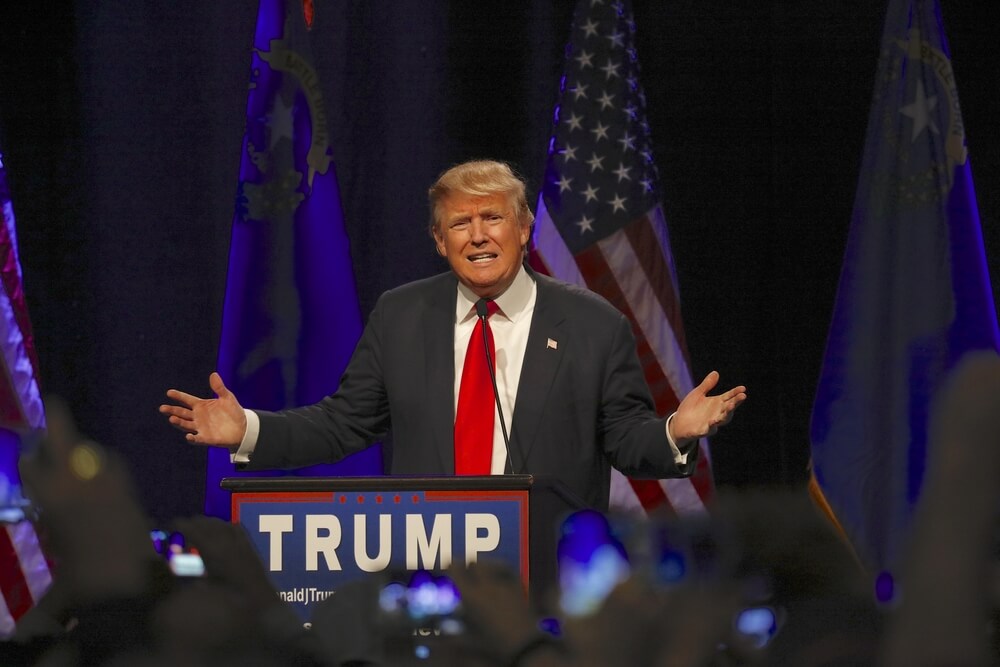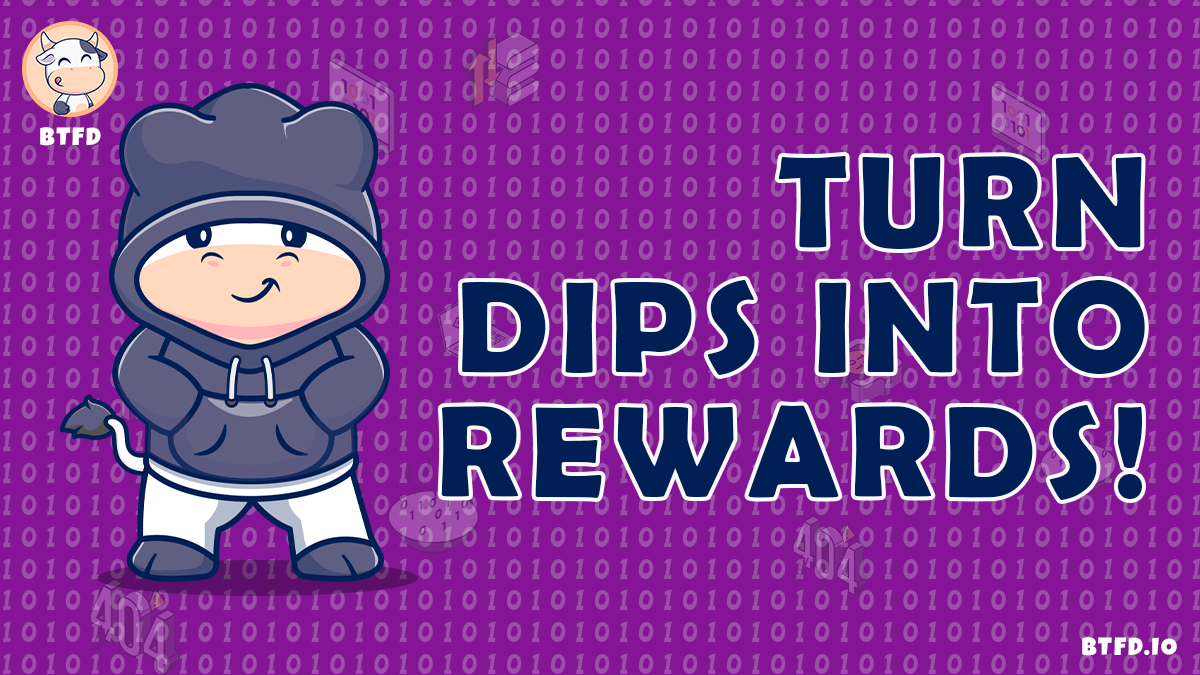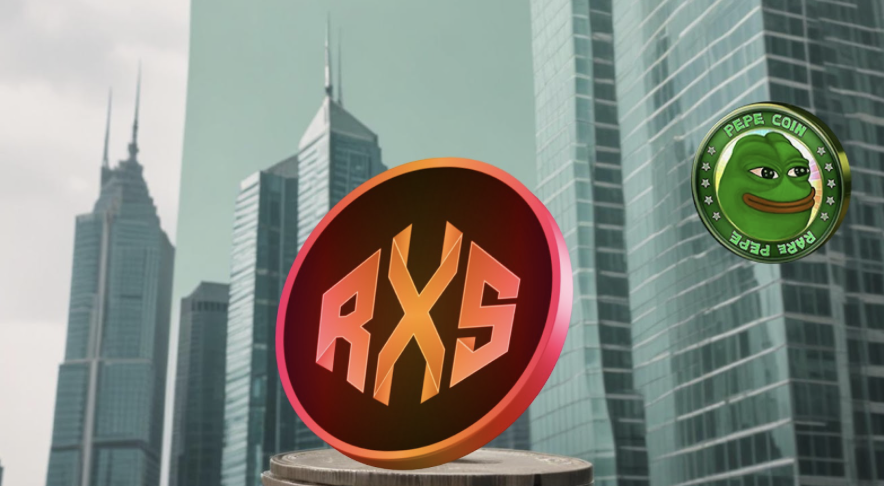- Cardano Founder has revealed the Bill of Rights containing 11 tenets.
- Despite how tailored to Cardano, these tenets can be applied across the crypto ecosystem.
Cardano founder Charles Hoskinson recently introduced a “Bill of Rights” proposal for blockchain ecosystem governance. The proposal centers around 11 foundational blockchain tenets and is likened to a Bill of Rights amendment to the Constitution.
Hoskinson unveiled the “Bill of Rights” proposal during a live broadcast from Colorado on Sunday, October 13, 2024. The proposal aims to create a legal framework to direct Cardano’s governance and development.
Hoskinson revealed that Cardano held over 50 seminars, elected 63 delegates, and had 1,400 people participate. The Cardano founder emphasized that the initiative is not exclusive to Cardano but intended as a universal framework applicable to other blockchain systems. Hoskinson envisions a future where the initiative will address foundational concerns in the blockchain ecosystem.
The eleven offer a comprehensive cover of how blockchain systems are supposed to operate and engage with their users and contributors. Hoskinson gave a thorough analysis of each of the eleven tenets, explaining their importance and real-world applications for Cardano
The 11 Cardano Blockchain Tenets
The first tenet states that “transactions cannot be slowed down or censored and will be expediently served for their intended purpose.” Hoskinson likened this principle to the freedom of speech, highlighting the importance of preserving user autonomy within the system.
The second tenet hinges on predictable transaction costs. It states that “the cost of a transaction should be predictable and cannot be unreasonable.” Hoskinson stated that this tenet is essential for user planning and system sustainability.
He acknowledged the complexities of matching resource allocation with user intent, particularly in high-demand settings. However, he stated that costs should be predictable, enabling users to plan for long-term systems.
The third tenet concerns fair recognition and compensation. Hoskinson stated, “Everyone’s inputs and contributions to the system will be recognized, recorded, processed, and assessed fairly.” This tenet aims to ensure that maintenance and development activities are suitably rewarded, avoiding incentive failures within the ecosystem.
Tenet four is based on data and value portability. This principle states that “the value and data users contribute or create will not be locked or processed without their consent.” Hoskinson likens it to principles found in the General Data Protection Regulation (GDPR) of the European Union.
The fifth tenet pertains to resource efficiency. This principle states that “no resources will be unnecessarily spent.” It aims to prevent systemic bloat and ensure the long-term viability of the blockchain. This includes protocol optimizations that reduce transaction sizes without compromising security.
Tenet six states that “the system will safely preserve the value and information stored within it.” Hoskinson discussed the dual aspects of this tenet. This includes ensuring value stability through mechanisms like stablecoins and preserving the integrity of information against threats like quantum attacks.
The seventh tenet focuses on resource optimization to ensure Cardano runs smoothly without wasting resources. Hoskinson cited the transition from Plutus V1 to V2 which resulted in much smaller transaction sizes and increased system efficiency.
The eighth tenet states that “the system will treat users fairly and will evolve accordingly to their collective will, aiming at its long-term sustainability and viability.” This principle highlights the value of inclusive governance, in which all stakeholders are involved in the system’s development.
The ninth tenet stated that “users’ privacy, both in terms of their actions and their data, should be preserved.” This tenet strikes a balance between transparency and privacy, ensuring users retain control over their personal information. Drawing parallels to GDPR, Hoskinson advocated for minimal disclosure and selective, contextual data sharing.
The tenth tenet states that “the system will offer users ways to engage that do not require them to break local laws and regulations.” This principle acknowledges that Cardano is a worldwide platform and that users must abide by local laws in their jurisdictions.
The eleventh tenet mandates that “the system’s operation should be transparent, predictable, verifiable, interpretable, and without asymmetries.” Hoskinson highlighted the importance of open-source protocols and public verifiability to ensure trust and accountability within the ecosystem.
What’s Next for Cardano’s “Bill of Rights”
Emphasizing ongoing efforts to formalize these tenets through decentralized governance, Hoskinson stated, “You have to have decentralized governance before you go down that road because only through decentralized governance can you decide for everyone everywhere, that’s the point of Voltaire.”
Furthermore, he highlighted the importance of the upcoming Constitutional Convention in Buenos Aires, Argentina to the development of the tenets. Hosinson hopes that this event scheduled for December will converge delegates from 50 countries to finalize and approve the constitutional text based on these tenets.
Recommended for you:
Credit: Source link













